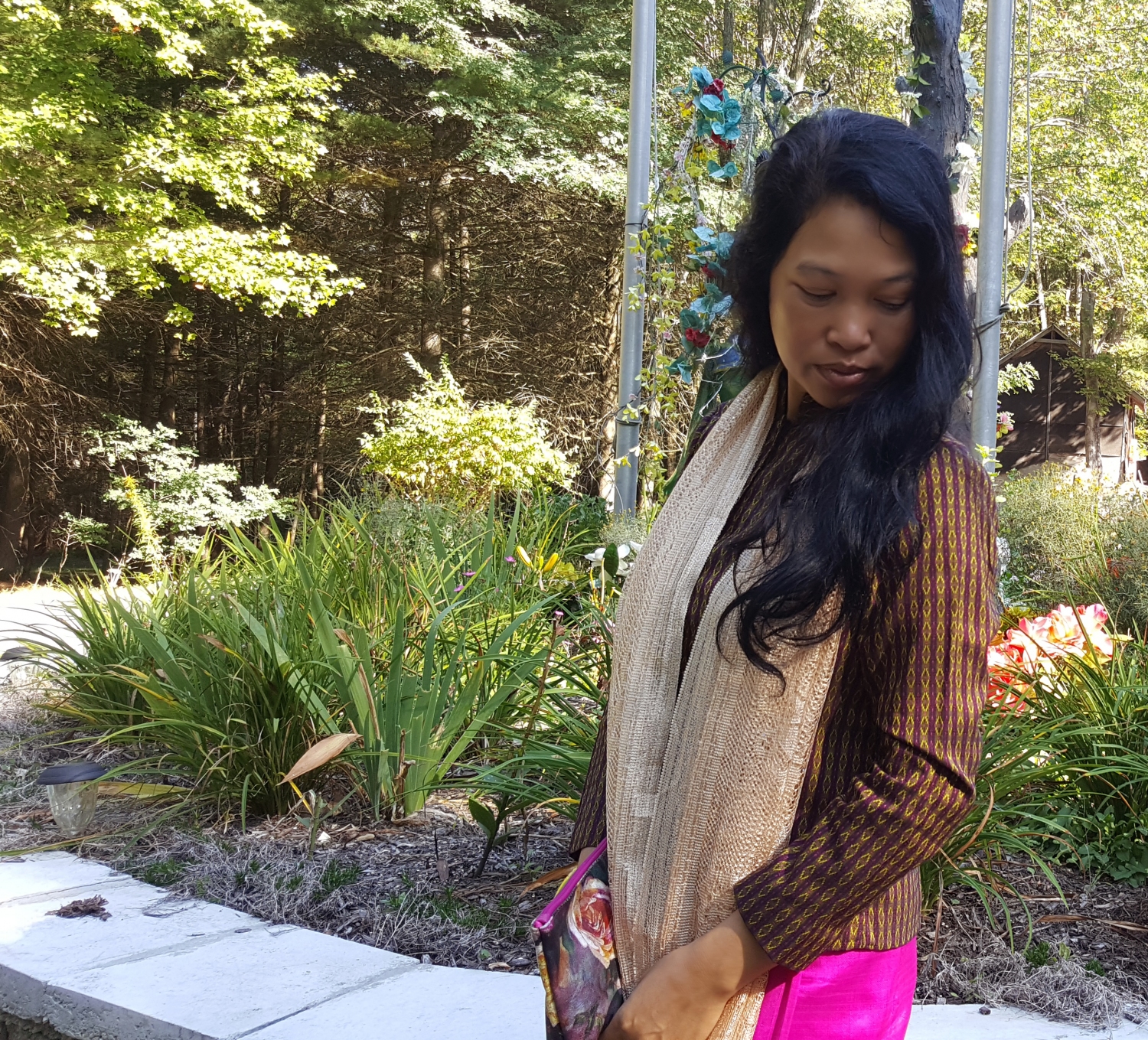-
Comment October 24, 2017
-
When we hate people who hurt us
Comment October 24, 2017Life is full of painful events, and people who have lost their way and hurt others.
Our pain is not lessened when we respond with hatred. In fact, the opposite
occurs: When we hate people who hurt us, we come to resemble what we hate,
or worse, and then we suffer all the more. What is evil is our response.
We have choices, and love is the most powerful eliminator of all.~Bernie Siegel
-
A good start to a day very important
Comment October 22, 2017A good start to a day very important. If you are in a positive frame of mind in the morning than you are very likely to have a productive day. Similarly, if you get upset or are troubled with something in the morning than you are going to have the same negativity throughout the day. So it is imperative to keep yourself in the company of positive people. People who make you see the positive side of things. ~The Fresh Quotes
-
If you open your heart and become like a child
Comment October 22, 2017 -
Expectations make you restless
Comment October 22, 2017It’s a mistake to expect benefits from any pose. Expectations make you restless because if you fail to get what you expect, you feel miserable. Yoga practice is an act of adoration to the Lord. You do it because it has to be done. If you have this mental attitude, your selfishness disappears and the benefits come. ~Dharma Mittra
-
Nature refuses to be rushed
Comment October 22, 2017 -
An expression of gratitude to the whole cosmos
Comment October 17, 2017 -
Never lose faith…
Comment October 17, 2017 -
The Story of Samanera Tissa of the Forest Monastery
Comment October 14, 2017Verse 75: Indeed, the path that leads to worldly gain is one and the Path that leads to Nibbana is another. Fully comprehending this, the bhikkhu, the disciple of the Buddha, should not take delight in worldly gain and honour, but devote himself to solitude, detachment and the realization of Nibbana.
1.Vivekamanubruhaye (vivekam + anubruhaye): Viveka – solitary seclusion. According to the Commentary, the three kinds of vivekas are kayaviveka (seclusion of the body or solitude); cittaviveka (detachment of the mind from human passions) and upadhiviveka (Nibbana).
The Story of Samanera Tissa of the Forest Monastery
While residing at the Jetavana monastery, the Buddha uttered Verse (75) of this book, with reference to Tissa, a samanera, who dwelt in a forest monastery.
Tissa was the son of a rich man from Savatthi. His father used to offer alms-food to the Chief Disciple Sariputta in their house and so Tissa even as a child had met the Chief Disciple on many occasions. At the age of seven he became a novice (samanera) under the Chief Disciple Sariputta. While he was staying at the Jetavana monastery, many of his friends and relatives came to see him, bringing presents and offerings. The samanera found these visits to be very tiresome; so after taking a subject of meditation from the Buddha, he left for a forest monastery. Whenever a villager offered him anything, Tissa would just say ‘May you be happy, may you be liberated from the ills of life,’ (“Sukhita hotha, dukkha muccatha”), and would go on his own way. While he stayed at the forest monastery, he ardently and diligently practised meditation, and at the end of three months he attained arahatship. Continue reading
-
The inner peace starts with looking at you
Comment October 10, 2017If you’re looking for inner peace from the outside world, you’re not going to get that. The inner peace starts with looking at you from the inside. Understanding that everything that comes to you is what you are. Everything from friends to boyfriends to the job you get – it’s all a direct reflection of what you are on the inside. ~ Mary J. Blige


















